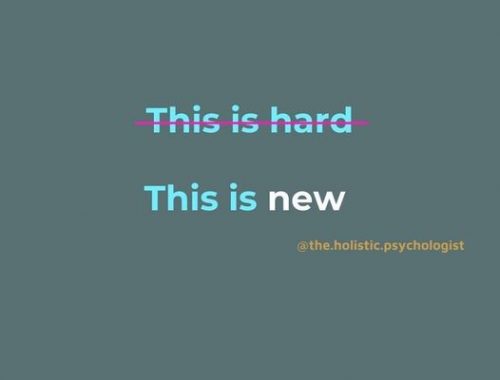What is news?
Last week, Facebook blocked all news in Australia in response to the Government’s News Media Bargaining Code. The result was that not only were news organisations like ABC and The Canberra Times Facebook pages blocked but others like the Bureau of Meteorology and ACT Health.
This isn’t an article about if the governments legislation is right or wrong or if what Facebook did was too heavy-handed. This whole drama made me think about what impact this will have on how we consume news in this changing environment.
News as we know it…
The way Facebook implemented these changes raised the issue of what is news in the era of social media.
Facebook applied a liberal view of news last Thursday. Any content that “informed” users was blocked, taking down government and charity pages. They used an internal category to determine what is a “news” page (versus a personal, sports or entertainment page, for example). On Thursday, they switched off that category in Australia. Facebook fixed the problem progressively throughout the day, saying in a statement that the law was written so broadly that it interpreted it to mean all content that may contain any news.
Was it annoying? Yes. But when 30% of Australians turn to social media for news and information, are they wrong about the broad definition?
Social media has allowed everyone to be “news” publishers, as we can all share information with our audiences. I liked how it was explained on Medium by Paul Bullock “Social media platforms are the sum of the people who use them, so if most people are using them to get up to speed with the latest news, they consequently become news platforms and content publishers.” Some brands and companies have done that very well and have become key sources of information for followers.
If you think about news broadly, it shows why it is challenging for the Government to apply a traditional view of news to a new medium and why Facebook and Google are struggling with implementing the new code. Where does news stop and content start?
The changing media environment
The Government argues that Google and Facebook are taking away revenue from news organisations which means they are making less income and reducing their workforce and coverage.
I would suggest that many news outlets have failed to keep up with the changing environment, relying on traditional advertising models rather than considering how to capitalize on the changing market dynamics. That’s an article for another day.
The Australian media environment is changing. 2020 saw the demise of many well-known local and online media outlets, including the closure or suspension of almost two hundred local media outlets by Australian Community Media and News Corp Australia. Online news outlets and newswire distribution services were also affected, with the closure of BuzzFeed Australia and the sale of AAP. The ABC, Channel 10, and Channel 7 all made major staff cuts in 2020, reducing their presence in many regional areas.
With the closure of many independent media outlets, media ownership in Australia has become more concentrated. Almost all Australian media is now privately-owned by three media outlets, Rupert Murdoch’s News Corp, Seven West Media or the Packer Family Nine Entertainment. This oligarchic media model has led to concerns about the quality of public interest investigative journalism in Australia. This media concentration led Australia to fall five places to number 26 in the World Press Freedom Index in 2020.
When I first started considering this, I wondered about the impact of Facebook on news media. However, now I wonder is the new legislation a direct result of the dominance of Facebook and Google or the influence of these powerful oligopoly media outlets on the Government?
What happens next?
So now what? What happens to other online news organisation that rely on Facebook to share their stories and gain followers like Women’s Agenda, Crikey and Mamamia? Will Google negotiate with them in the same way they negotiate with Seven West Media and News Corp? They don’t have the market power these big companies have and have built business models that work within the current paradigm and are now penalized for it.
What impact will this have on how people consume news? On average last year across Australian media publishers, 22% of audiences consumed their content only through the Facebook app. Nielsen’s Digital Content Research showed total sessions for the ‘current events and global news’ category fell 16% in one day on 18 February.
In reality, if nothing changes in 12 months, we will have all forgotten that we used to get our news through Facebook. We will adapt and just use different sources. I disagree with Josh Frydenberg that this will impact Facebook’s reputation in Australia – I think it is too embedded in how we interact and engage with our personal communities. I think it will be a blip in the news cycle, and then it will end.
But will some of the smaller media outlets still be here in 12 months? Will other sources of “news” rise up that aren’t moderated by this new law? Will this increase the amount of fake or biased views that people are exposed to on social media? So many questions. Only time will tell.

